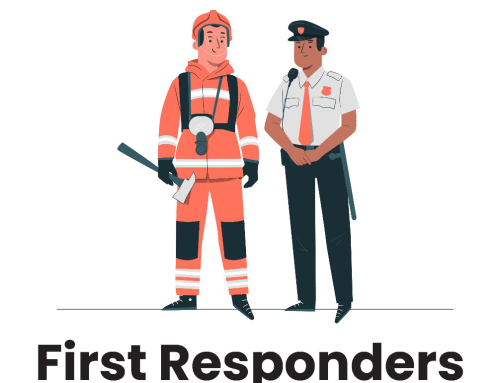A concussion is a medical condition that affects brain function. Mostly caused due to a blow or injury to the head, it can lead to sudden, but short-lived, loss of mental function.
The effects are usually temporary, but it can take a few weeks for a person’s condition to stabilise. The recovery time varies from one person to another, depending on the nature of the injury and their health condition.
Complications of concussions
Some people experience symptoms such as:
- Dizziness
- Temporary amnesia
- Headaches
- Nausea/Vomiting
- Slurred speech
- Ringing in the ears
- Fatigue
- Inability to think clearly
- Sensitivity to light and noise
Concussions can also lead to the development of severe health complications like post-traumatic headaches, post-traumatic vertigo, and post-concussion syndrome, among several others.
In severe cases, it can lead to multiple brain injuries that require immediate medical attention. In rare instances, it can cause brain swelling which can prove to be fatal in most cases.
How to avoid complications from concussions
It’s important to provide first aid treatment to a person suffering from concussions to ensure that their condition does not deteriorate any further.
Here are a few key steps you should take:
Immobilize the person’s head
It’s recommended to assume that a person suffering from a concussion is dealing with a spinal injury due to head trauma.
If that’s the case, the slightest movement can be dangerous. Hold their head with both hands in the position you found them in. Don’t move unless you absolutely have to, until paramedics arrive.
Ice the swelling area
Apply an ice pack to the injured area for approx. half an hour, every couple of hours. Just make sure you don’t press ice directly onto the skin. Cover the ice in a cloth or plastic wrap for best results.
If ice is unavailable, any cold item such as frozen food will suffice. Also, refrain from pressing to avoid additional brain injury.
Provide over-the-counter pain medicines
Over-the-counter medicines can help alleviate their pain, particularly if they’re suffering from headaches, which is very common.
Tylenol is a good choice to lessen the pain. However, avoid Aspirin or Ibuprofen as they can augment bleeding, leading to further health complications.
Analyze the patient’s cognitive function
Many people who suffer from concussion seem fine at first and may experience symptoms only hours after an injury.
Wait for emergency medical services to arrive. In the meantime, ask them simple questions like their name, address, age, location or performing simple exercises like counting the number of fingers, asking them to repeat a sentence, etc.
Knowing these basic tips can help you potentially save the life of a person who’s suffering from concussions; it may also help in the prevention of development of long-term effects on their mental health.
Metro Safety Training offers First Aid Training courses in British Columbia that will teach you how to successfully provide first aid treatment to a person having concussions.
To learn how to provide quality first aid training, get in touch with Metro Safety Training today by calling them at 604-521-4227 or visiting their website to learn more.







